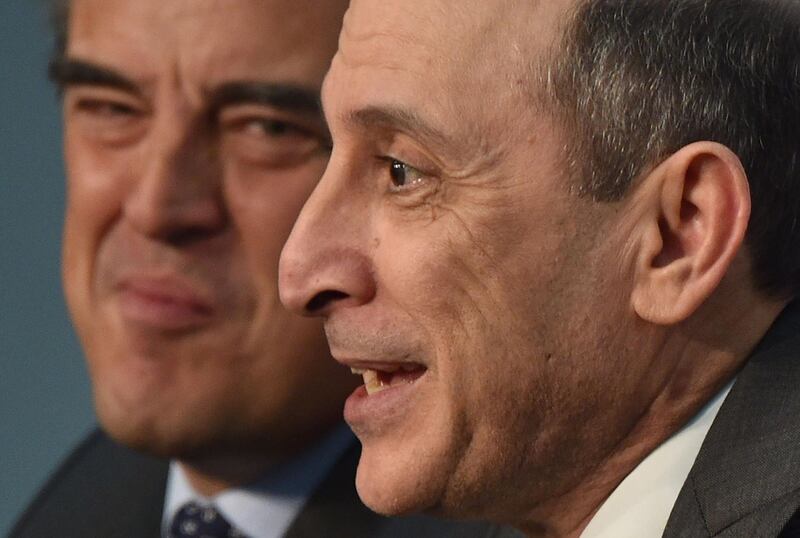Akbar Al Baker's comments would be laughable – had they not been so shockingly indicative of an attitude that reverberates throughout many industries, not just aviation. When the chief executive of Qatar Airways said, minutes after being named the new chairman of the International Air Transport Association's board of governors, that his airline had to be "led by a man because it is a very challenging position", the outrage was instant and global. But these were not merely the ramblings of a dinosaur from an age-old era, where flight attendants were referred to as "trolley dollies" and could be fired if they gained weight or reached the retirement age of 32, as stipulated by some American airlines in the 1970s. Mr Al Baker is in a position of responsibility, at the helm of an organisation that sets the tone for industry practice worldwide. His attitude is a sign of the pervasive sense of sexism that persists in the corporate arena and which must be addressed. Nor was this the first time the chief executive had slipped up. He was previously accused of sexism and ageism after calling US flight attendants "grandmothers" because they were older than his airline's average age of 26.
But it is equally important to remember Mr Al Baker is not alone in clinging to the notion of jobs for the boys. The institution he has acceded to has a gender imbalance at its very heart. Despite the conference focusing on the need to get more women in senior management roles, only six of IATA’s 280 members have female chief executives. Nor is this a problem endemic in the aviation industry. This year the number of women leading the world’s largest companies shrank by 25 per cent, according to Fortune 500 figures. Despite the growing call for equality through the #MeToo and #TimesUp movements, despite the outcry over unequal pay in respected institutions like the BBC, women are still being held back by the likes of Mr Al Baker in positions of authority. It is time they realised how much is to be gained when they change their attitudes as well as accessibility to jobs at the top and opened them up to everyone.





